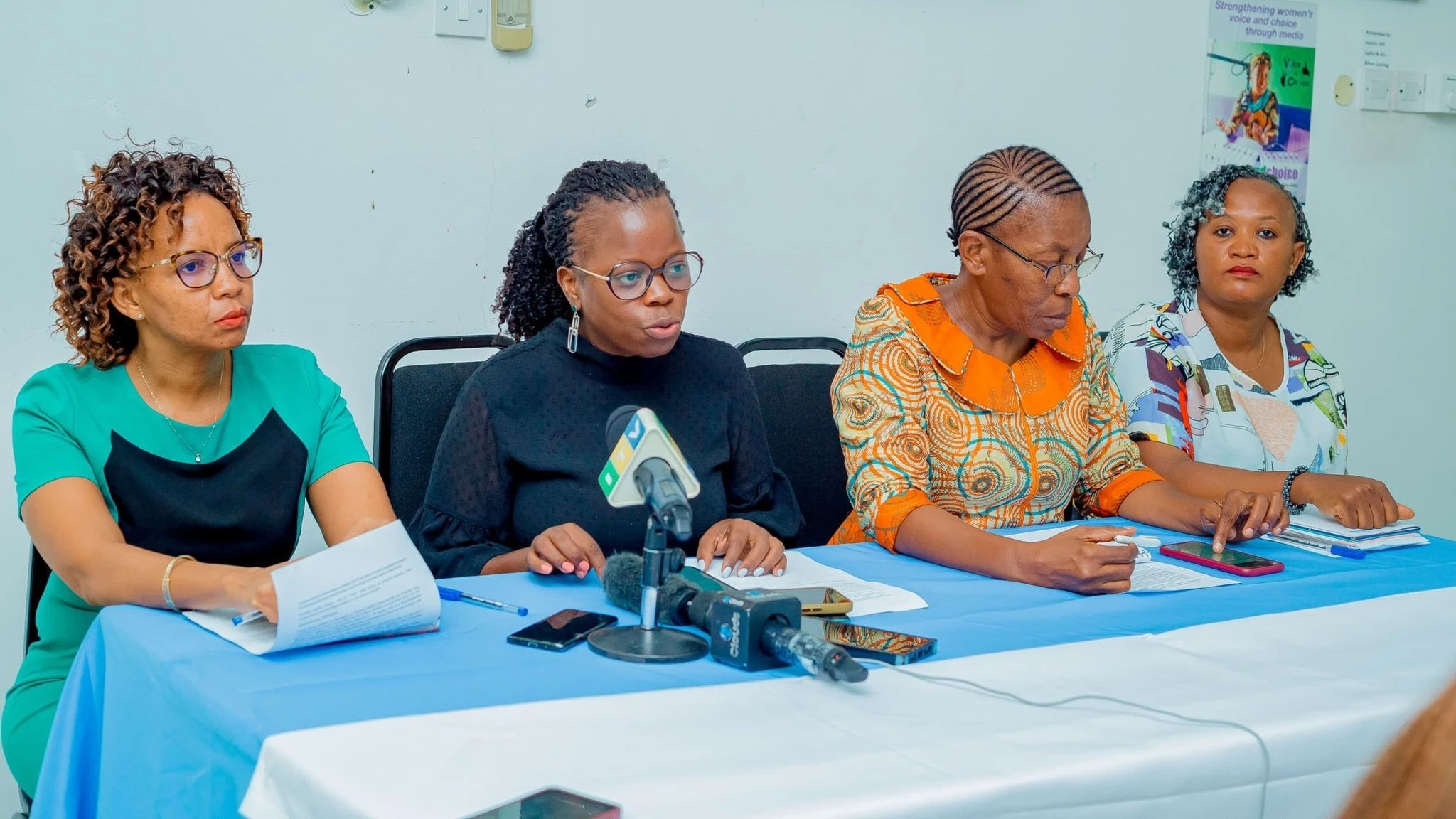Anti-sextortion coalition up in arms against law amendment

THE Anti-Sextortion Coalition in Tanzania has called for an amendment of the proposed Prevention and Combating of Corruption Act section 10(b) saying it goes against section 25 of the law to prevent sex corruption.
The coalition that engages approximately 200 organisations from the community to the national level was involved in the feasibility analysis of the initial proposals for the amendment of the law and gave its recommendations to the Prevention and Combating of Corruption Bureau (PCCB).
Mary Ndato, a coalition member, said this at a press conference held at Tanzania Media Women's Association (TAMWA) in Dar es Salaam yesterday, noting that the addition of article 10(b) allows a person to offer sexual favour or any other favour to another person in a position of power to exercise their authority in giving employment, promotion or any preferential treatment.
Also, upon conviction, an offender shall be liable to a fine of not less than 2m/- but not exceeding 10m/- or to imprisonment for a term not less than five years but not exceeding ten years or both. The coalition is of the view that this penalty is lenient.
“We recommend that Prevention and Combating of Corruption Act section 25 remains as it is and continues to be used because it is self-sufficient without discriminating by considering a criminal as female or male. The parliament should not pass these changes because their role is to make laws, protect rights and not make laws to protect criminals,” she said.
“Despite awareness of sextortion and its effects on vulnerable groups, we are shocked by the continued neglect of our recommendations: to delete additional article 25(b) which deprives the victim of their rights, and instead add article 10(b) that justifies continuing the abuse of power by condemning the victim of sexual corruption as a method to silence them and trivialize the fight against sexual corruption is not acceptable.”
She also highlighted that if the Parliament ignores their demands, they will appeal to President Samia Suluhu Hassan not to accept the changes based on their implications for the nation’s growth and development.
According to her, sexual corruption has effects on the victim including; robbing their dignity, deprives opportunities to develop their talents, and giving privileged positions to those with meritorious qualities.
Sexual corruption affects the national economy to a great extent, where it causes misuse of human resources, thus weakening efforts to fight poverty; it undermines the nation's dignity by turning rights into privileges contrary to work ethics and international and regional laws prohibiting acts of sexual corruption.
Dr Ave Maria Semakafu, a coalition member, said sextortion awareness and its effects on university students have helped them attain their rights, arguing that passing the bill would automatically deprive them of their rights.
Top Headlines
© 2025 IPPMEDIA.COM. ALL RIGHTS RESERVED






















